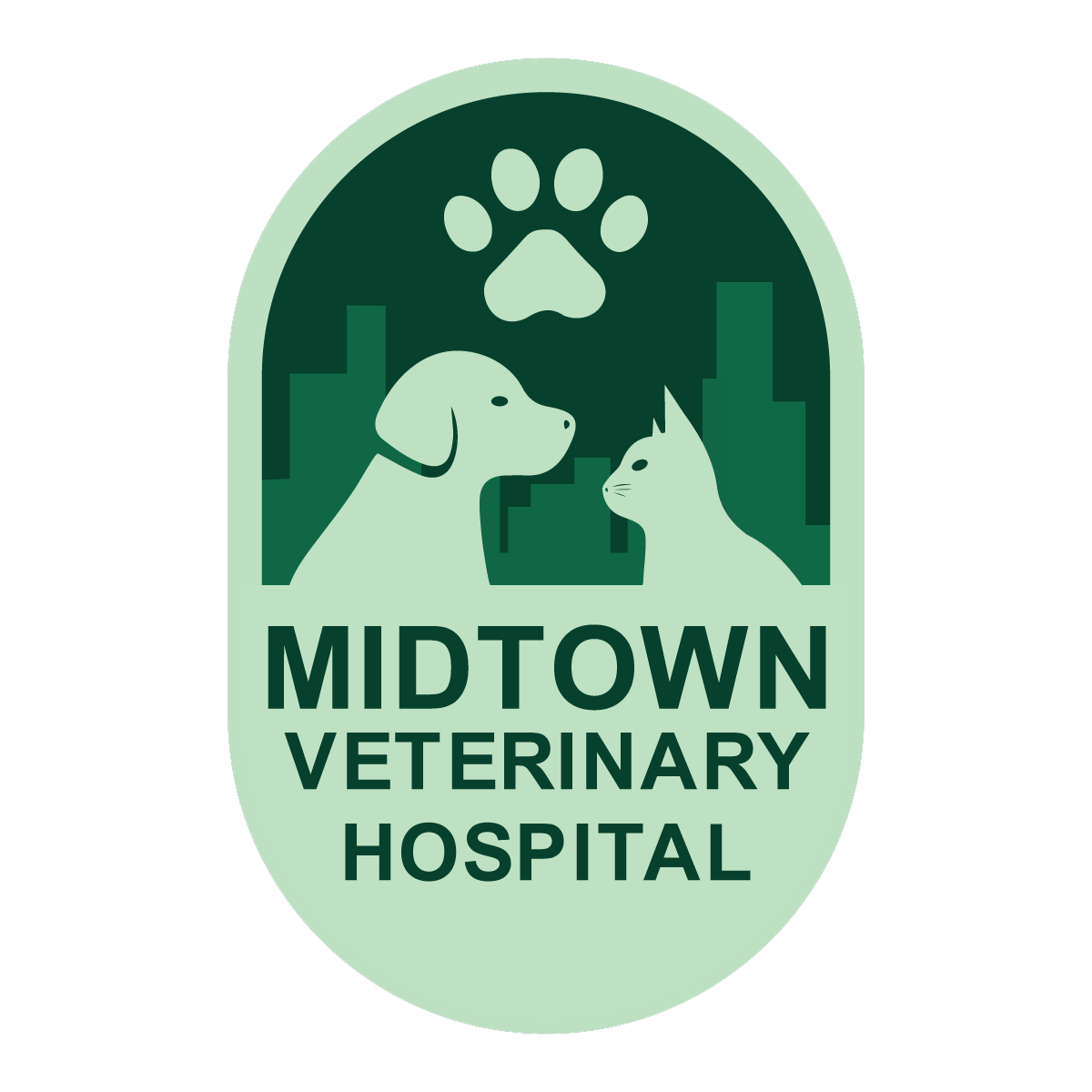Maintaining your pet’s dental health is more than just fresh breath—it’s a crucial aspect of their overall well-being. Just like humans, pets are vulnerable to plaque buildup, gum disease, and tooth decay. Neglecting dental care can lead to painful infections, tooth loss, and even severe health complications affecting the heart, liver, and kidneys.
Why Pet Dental Health is Important
When plaque and tartar accumulate on your pet’s teeth, it not only causes bad breath but also paves the way for periodontal disease. This condition is common in pets and can lead to painful inflammation, gum recession, and loss of teeth. Worse, bacteria from infected gums can enter the bloodstream, potentially leading to life-threatening issues in vital organs.
Signs of Dental Problems in Pets
It’s essential to recognize the early signs of dental issues in your pet:
- Bad breath that doesn’t go away
- Difficulty eating or chewing
- Drooling more than usual
- Swollen or bleeding gums
- Yellow or brown buildup on teeth
- Pawing at the mouth or face
If you notice any of these symptoms, it’s time for a veterinary check-up. Early detection can prevent more severe health problems and reduce the need for extensive dental procedures.
How to Keep Your Pet’s Teeth Healthy
- Regular Brushing: Aim to brush your pet’s teeth daily using pet-safe toothpaste. Human toothpaste is toxic to pets, so be sure to use a product specifically designed for them.
- Dental Chews and Toys: These are great for reducing plaque buildup while keeping your pet entertained. Opt for vet-approved chews to ensure safety and effectiveness.
- Healthy Diet: A well-balanced diet supports overall health, including dental health. Dry kibble can help scrape plaque off teeth, while specially formulated dental diets can further prevent tartar.
- Routine Veterinary Check-ups: Regular check-ups at Renfrew Animal Hospital allow us to catch dental issues early. We also recommend annual professional cleanings to keep your pet’s mouth in top condition.
- Water Additives: Some water additives can help reduce plaque and freshen your pet’s breath. Make sure to consult with your vet before adding any to your pet’s routine.
Professional Dental Cleanings
Even with the best at-home care, professional dental cleanings are vital. During these cleanings, plaque and tartar are removed from places that are hard to reach, preventing periodontal disease. At Renfrew Animal Hospital, we use state-of-the-art equipment to ensure your pet’s dental health is well-maintained.
Conclusion
Caring for your pet’s teeth is not just about preventing bad breath—it’s about ensuring a long, healthy life. If it’s been a while since your pet’s last dental check-up, schedule an appointment with us today and keep your furry friend happy and healthy.
